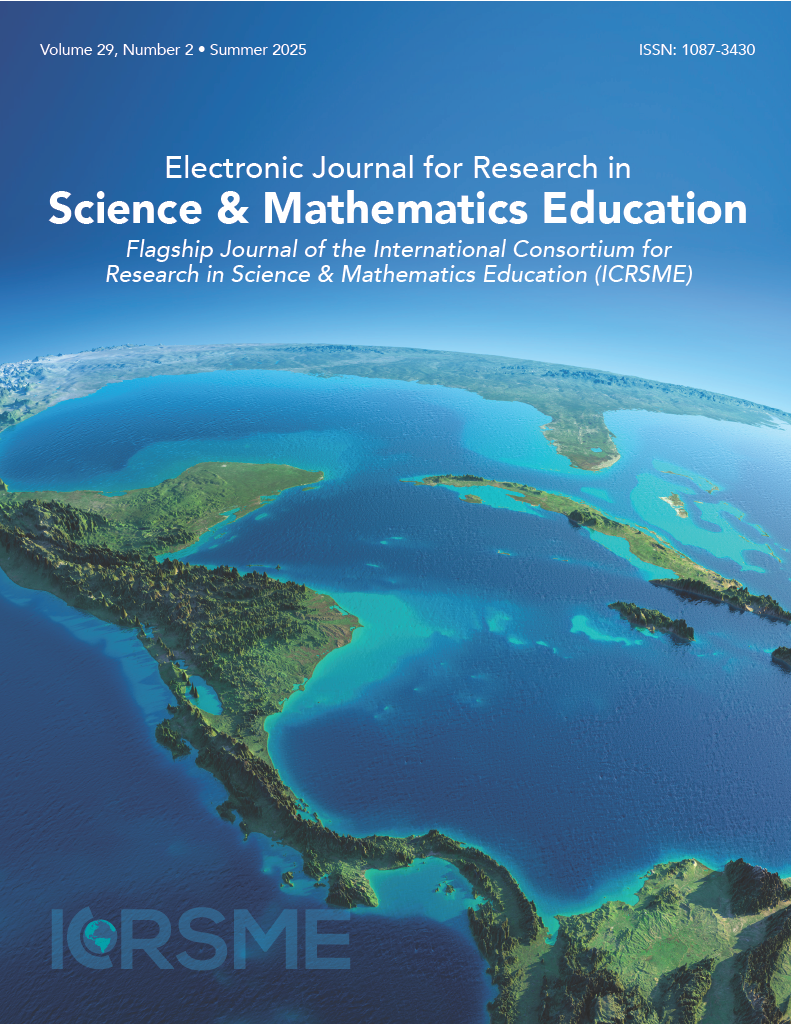Effectiveness of Problem-Centered Learning in Enhancing Senior High School Students’ Achievements in Genetics
Main Article Content
Abstract
The 21st-century skills seek to develop learners who will be problem solvers in society. This paradigm shift requires the use of learner-centred strategies that emphasize collaborative problem-solving. To explore the effectiveness of such approaches, this study sought to determine how effective Wheatley's problem-centred approach will be to the attainment of learning outcomes of students in genetics by comparing it to the conventional teaching approach. Using an embedded mixed-methods design, an intact class was selected randomly from two schools. The pre-test-post-test non-equivalent group design was used to obtain quantitative data while interviews were used to obtain qualitative data. The students in the experimental group learned biology concepts using the Wheatley model while those in the control group were taught the same concepts through the conventional teaching approach. Students in the experimental group performed better on the post-test than those in the control group. The performance of the low achievers within the experimental group also improved. Students expressed an overall positive attitude toward the use of the Wheatley model as an instructional strategy. It was therefore recommended that biology teachers should employ the Wheatley model in the teaching and learning of biology at the Senior High School level.
Article Details
© 2025 Electronic Journal for Research in Science & Mathematics Education (EJRSME)
